The United States of America has a voting problem.
According to The Nation, a political news magazine, participation in presidential elections has ranged from about 50-65% turnout of eligible voters, and in midterm elections, it has averaged a 25-45% turnout rate.
A new era of voter registration could be exactly what the U.S. needs to combat its low voter turnout rates. Automatic voter registration is exactly what it sounds like: a system that automatically registers citizens to vote with hopes of increasing voter turnout. Since 2016, 18 states and the District of Columbia have made the monumental decision to implement Automatic Voter Registration legislation.
However, there are benefits to implementing AVR as a federal law.
A prevalent but preventable variable in the voter registration and voting process is human error. There is a strong correlation between AVR and a reduction in human errors in voter registration. Under the current and traditional voter registration system, voters are often tasked with filling out a voter registration form that the government receives and processes. Many things can go wrong during this process, such as data entry mistakes, which can prevent an individual from voting.
The elimination of the paper registration process can eradicate errors caused by handwriting or misspellings on the actual form that can cause the registration form to be void and thus prevent the individual from voting. Digital registrations can also be subject to human error.
A case study conducted in Maricopa County, Arizona, determined that the small percentage of paper-based registrations in the county amounted to an overwhelming number of voter registration errors. This only proves that AVR can lessen the chance of nonsensical human errors.
Instituting an AVR system is also conducive to a more diverse voting population that can better and more accurately encapsulate the needs and wants of the whole community, which is quite pertinent in a local election where decisions are directly being made for the needs of that smaller community. Oregon, one of the first states in 2016 to adopt AVR, may have proven that AVR not only increases voter turnout, but promotes a more diverse voting base.
According to The Nation, in 2016, it was found that 288,516 citizens registered to vote for the first time in Oregon. Of individuals registering for the first time, 186,050 — or 66% — were registered via the AVR program, which can encourage higher voter turnout rates.
Additionally, AVR helped register 14% of voters of color in Oregon, nearly equal to the percentage of people of color in Oregon’s population: 16%. This not only empowered voters of color but created a voting population that resembles the actual population.
One of the major — and most controversial — hurdles for voter registration is the cost to the state. However, it can be assumed that the implementation of AVR is synonymous with a stark drop in costs when compared to other voter registration methods.
According to IVote.com, Canada’s use of AVR has resulted in a cost of only $0.35 per active voter to create and maintain its lists in a federal election year, this is just one-twelfth of what it costs in the states. Also, since Canada premiered its new voter database during the 2000 federal election, it has saved over $30 million Canadian dollars each election cycle.
AVR could also be instrumental in combating voter fraud, which unfortunately was a massive concern in our 2016 presidential election. For example, the worries surrounding potential Russian influences on voting results, and is becoming a concern for this upcoming presidential election. Using AVR in conjunction with government databases could ensure that only eligible voters would be allowed to vote.
This is because the information for the ever-changing government records would always be up to date, and every voter who is registered would be directly approved by that database and in turn, would be assured confirmed to be a citizen. Furthermore, AVR legislation under consideration in a number of particular states provides substantial penalties for citizens who elect to provide false information.
Voting is one of the most basic and fundamental civic duties. If the essence of our democracy is fueled by the American Exceptionalism ideal that we have the right to express our opinion, most chiefly through voting, we should be making this as easy as possible.
As a society, we need to realize that we have a devastating voting problem and that we should be advocating for the adoption of AVR in all 50 states, not just in 18 of them.
Despite political proclivities or policy priorities, having more people vote is important. It is the lifeblood of our democracy and empowers each and every citizen to have a voice. Anything that makes voting easier needs to be pursued because, quite frankly, the fabric of our political system and future relies on it.
This story was written by Beck Andrew Salgado. He can be reached at beck.salgado@marquette.edu.

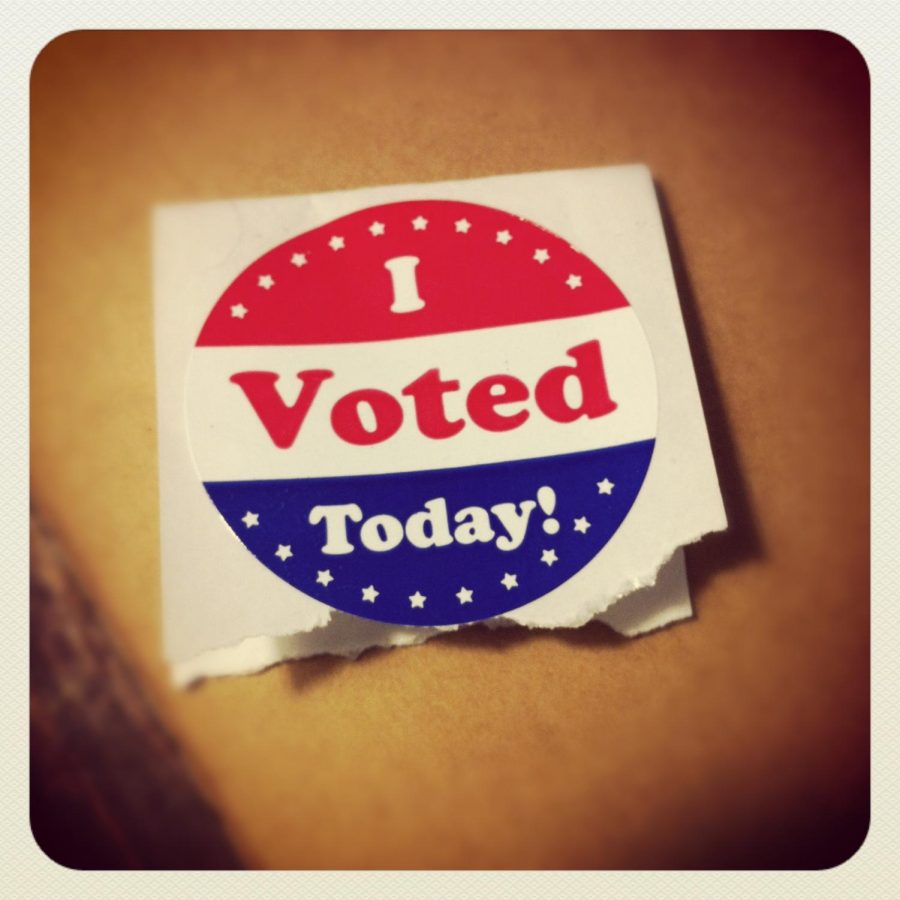

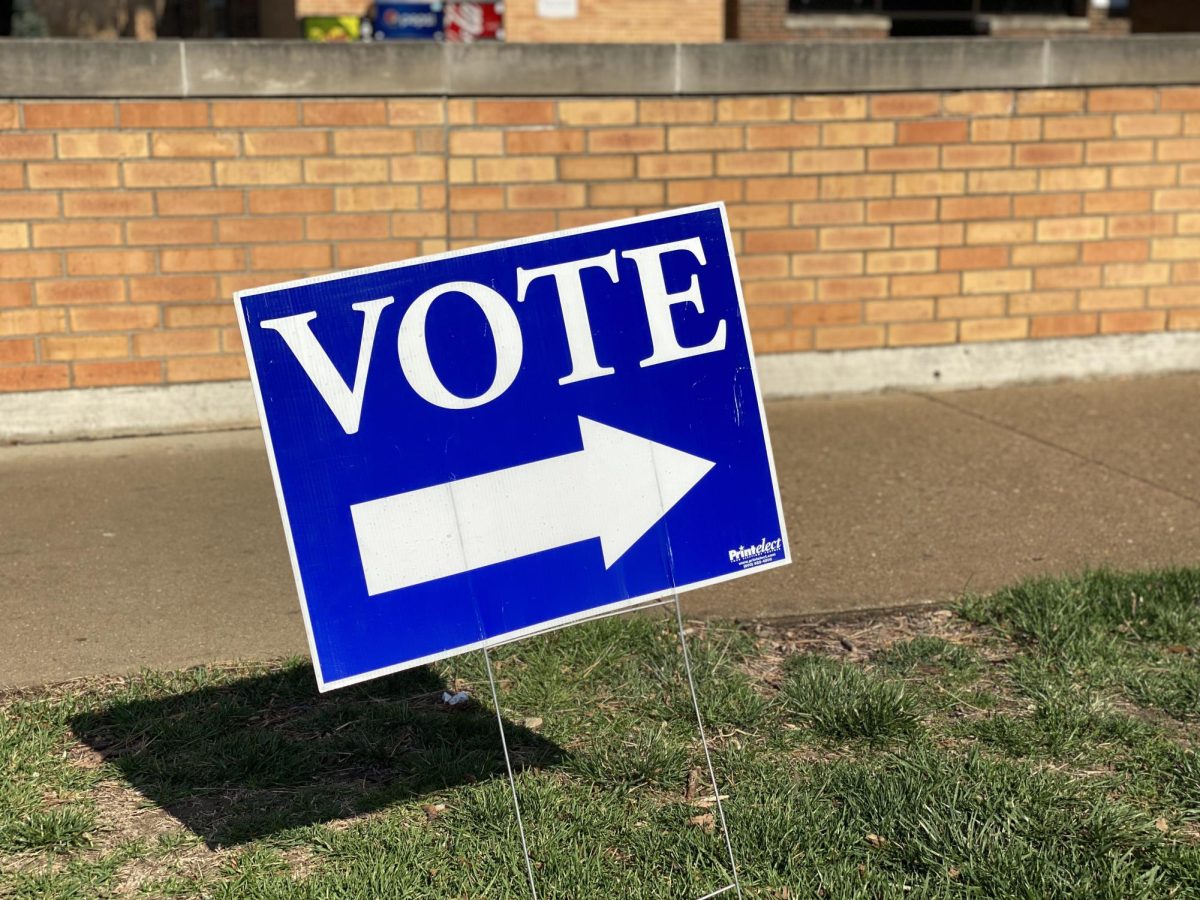

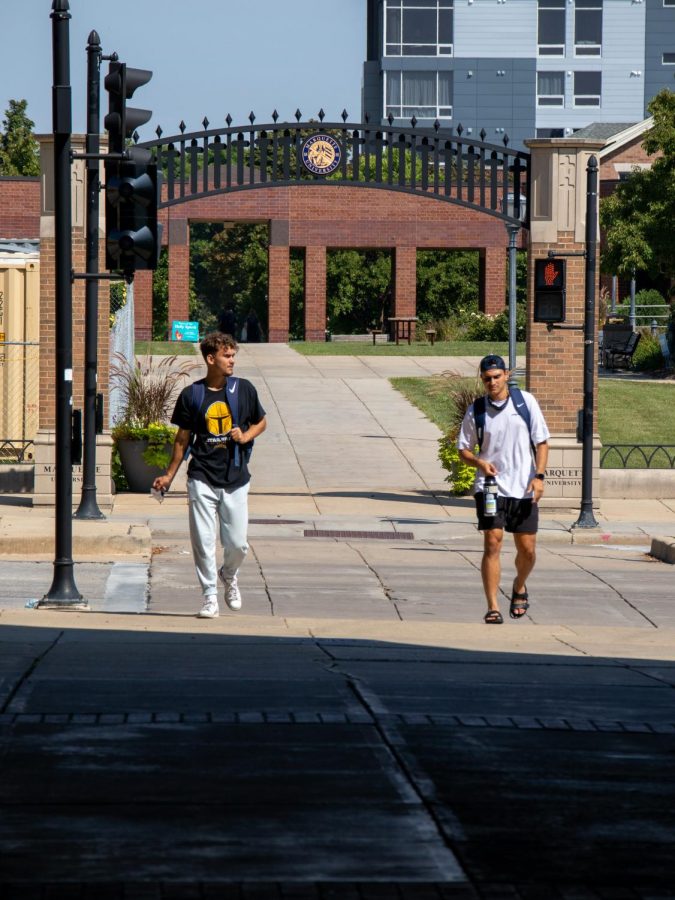

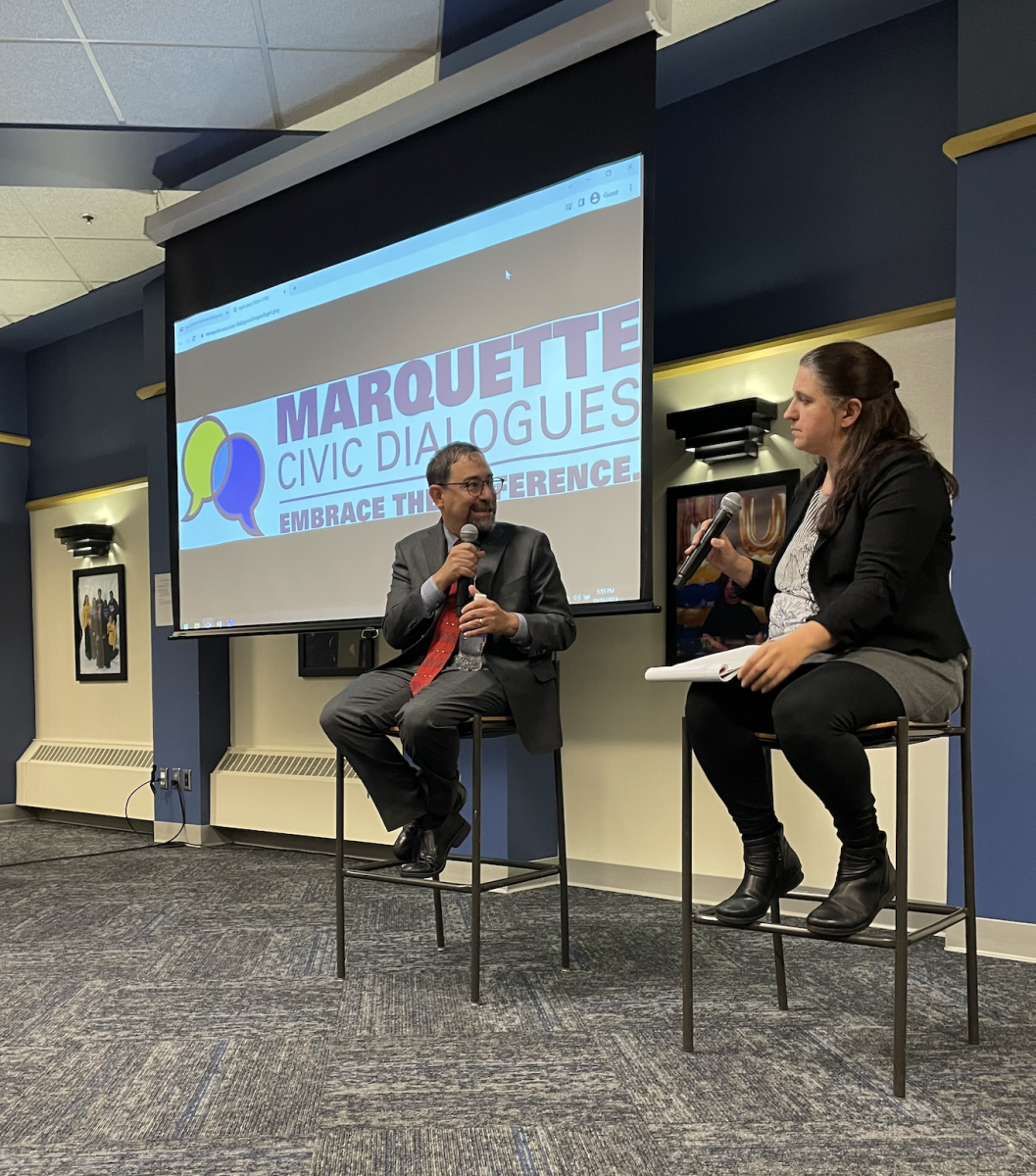
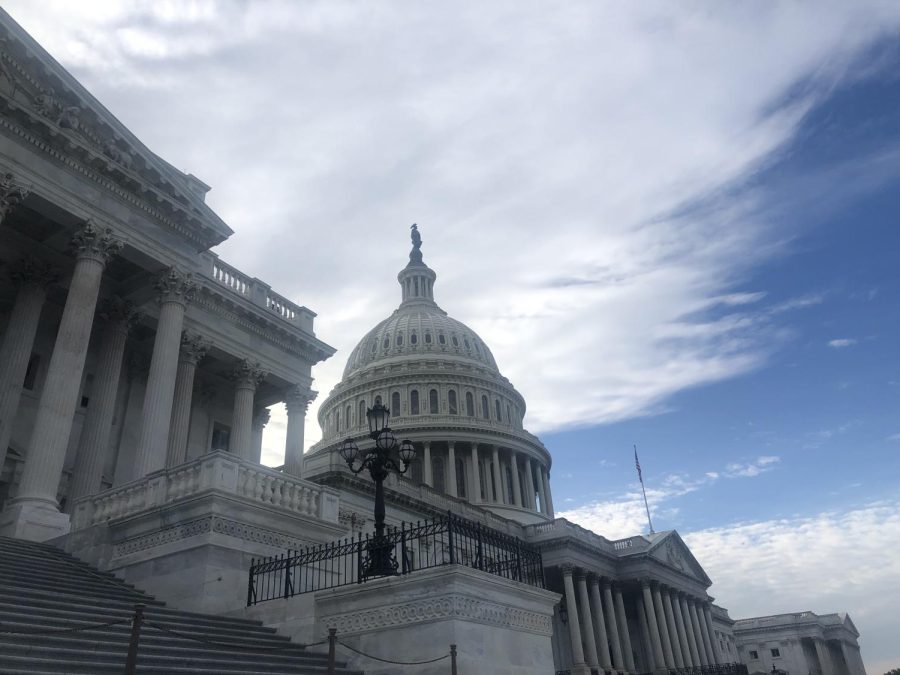
JD Campos • Mar 4, 2020 at 1:26 pm
Good reporting. With the current voter suppression efforts we are seeing across the country, the issue of voter registration and access is more important than ever!
jds